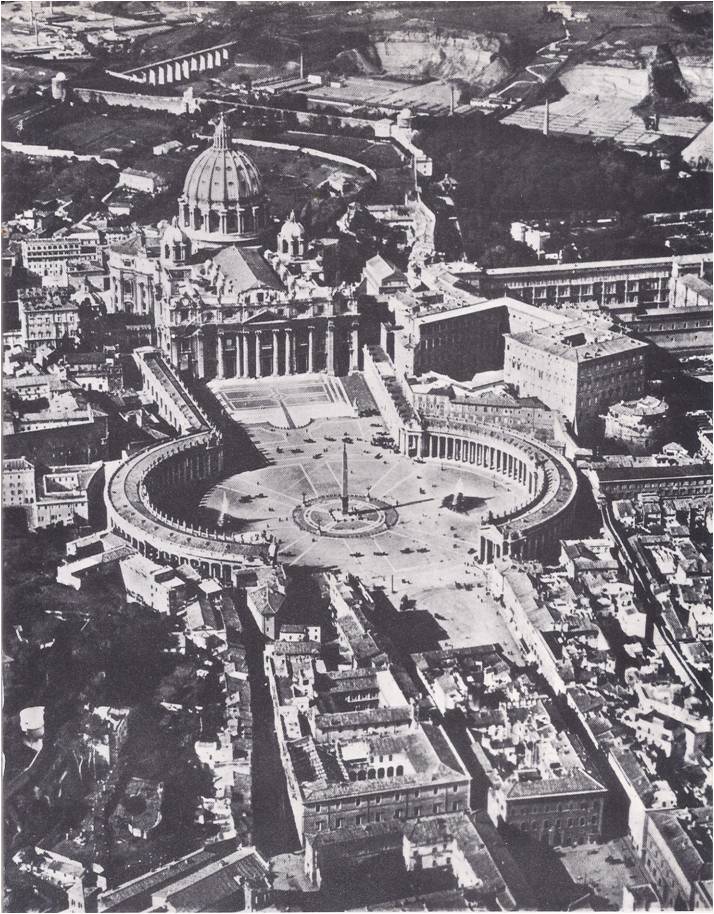IN AUGUST of 1485, Henry Tudor landed on the Welsh coast to fight King Richard III for the crown of England. Henry was twenty-nine years old, lean and golden-haired, with a merry face. He was head of the Lancaster family, which had so far been defeated by King Richard’s family, York, in the Wars of the Roses. Henry was counting on help from many Englishmen and Welshmen who hated Richard. They believed Richard had hacked his way to the throne by murdering his nephews, they resented his taxes and rich living and they called him the “great hog” or “great …
Read More »Tag Archives: Pope Clement VII
Rome, the City of the Pope 1492-1564
In 1492, young Giovanni de’ Medici bade farewell to his father, Lorenzo the Magnificent and left Florence to take his place in Rome among the cardinals of the church. At sixteen, Giovanni was a nobleman in the court of the pope, a man of influence and power. That was fortunate, for when Giovanni was eighteen, his family’s power collapsed. The Florentines drove the Medici from their city and Giovanni, who had come home for a visit, narrowly escaped being stoned by the citizens who once had cheered him. As he crept out of the city, disguised as a poor friar, …
Read More »
